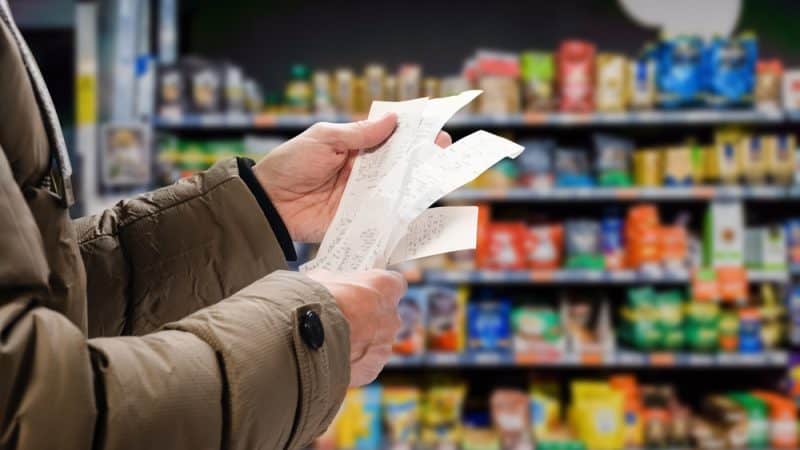
Economists have warned food inflation will remain double-digit until the end of 2023, while food prices are expected to continue to rise for the foreseeable future.
In March, the Office for National Statistics (ONS) recorded that food inflation had hit a 45-year high at 19.2%, however, this eased slightly to 17.4% in June.
Retailers told the Bank of England that food inflation has “now peaked”, yet expect food prices to increase at an annual rate of 10% by the end of the year, The Telegraph reported.
PwC senior economist, Barret Kupelian, told the newspaper: “The bad news is that even though food inflation is expected to moderate, food prices will remain high and not decrease.
“This means that the era of cheap food has probably come to an end in the UK.”
IGD analysis last month found that UK families will struggle for some time, as 66% of lower income households are reducing spend on groceries.
Over half (54%) are limiting the amount of food and drink consumed at home, in comparison with 36% for higher income households.
Many of the UK’s leading supermarkets have vowed to pass on falls in commodity prices as quickly as they can to consumers.
The categories that have seen the biggest price cuts across the sector include dairy, bread, pasta and rice, fruit and vegetables, as well as meat and fish.
While the Bank of England noted that the price of own-brand goods are rising at the fastest rate, shoppers have also been falling victim to shrinkflation across big-name brands.
In June, many popular branded products have been reduced in size, including Hellmann’s mayonnaise jars which have been slimmed from 800g to 600g versions at Tesco.
Arla Foods butter brand Lurpak recently shrunk the size of a block of butter by 20% as it cut 250g packs to 200g across its salted, unsalted and ‘lighter’ block varieties.




















